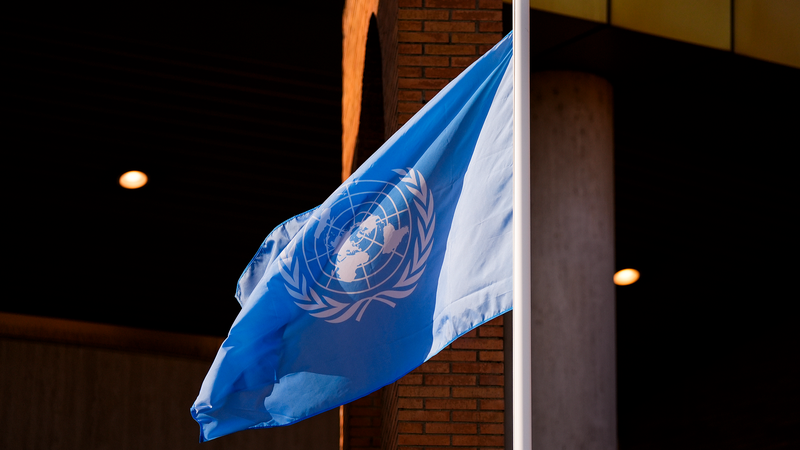On World Humanitarian Day, the United Nations released a shocking report: 383 aid workers lost their lives in 2024, marking a 31% increase from the previous year.
This surge is driven by relentless conflicts in Gaza, where 181 humanitarian workers were killed, and in Sudan, which saw 60 fatalities. State actors were identified as the most common perpetrators, and local staff bore the brunt—often attacked in the line of duty or even at home.
Beyond those killed, aid workers face a range of threats: 308 were wounded, 125 kidnapped, and 45 detained in 2023. Provisional data for 2024 suggests 265 deaths as of August 14, underscoring a trend of escalating violence.
"Even one attack against a humanitarian colleague is an attack on all of us and on the people we serve," said UN aid chief Tom Fletcher. He called the "zero accountability" for these assaults a "shameful indictment of international inaction and apathy."
The UN stressed that attacks on aid operations violate international humanitarian law and destroy critical lifelines for millions trapped in war and disaster zones. "Violence against aid workers is not inevitable. It must end," Fletcher added.
Meanwhile, the World Health Organization reported over 800 verified attacks on health care in 16 territories so far this year, resulting in more than 1,110 deaths and hundreds of injuries among health workers and patients. These assaults strip communities of life-saving care and weaken already strained health systems.
World Humanitarian Day commemorates the 2003 bombing of the UN headquarters in Baghdad, where rights chief Sergio Vieira de Mello and 21 other humanitarians were killed. This year’s figures highlight the urgent need for global action to safeguard those who risk everything to help others.
Reference(s):
cgtn.com



